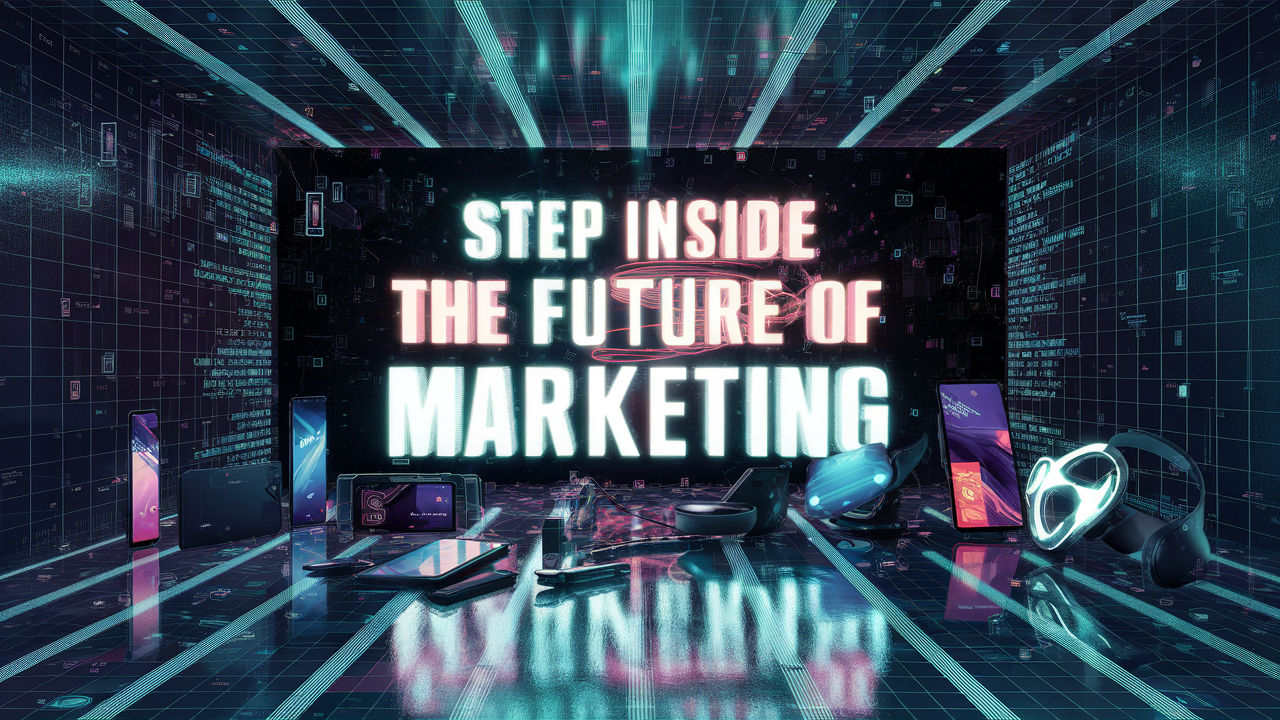
In today’s fast-paced world of marketing, where consumers are bombarded with advertisements at every turn, standing out from the crowd has become more challenging than ever. Traditional marketing methods like TV commercials and print ads are no longer enough to capture and retain the attention of modern consumers. That’s where experiential marketing comes in—a dynamic approach that focuses on creating immersive, interactive brand experiences that leave a lasting impression on consumers.
What is Experiential Marketing?
Experiential marketing, also known as engagement marketing or event marketing, is a strategy that emphasizes creating memorable experiences to engage consumers and build brand loyalty. Instead of simply telling consumers about a product or service, experiential marketing allows them to experience it firsthand through interactive events, pop-up activations, or immersive installations.
Why Experiential Marketing Works
- Emotional Connection: Experiential marketing taps into emotions, creating moments that resonate with consumers on a deeper level. By engaging the senses and evoking positive emotions, brands can forge stronger connections with their audience.
- Memorable Experiences: Experiences are more memorable than traditional advertisements. When consumers participate in an event or activity, they are more likely to remember the brand and the message behind it.
- Word-of-Mouth Marketing: Experiential marketing encourages consumers to share their experiences with others, leading to organic word-of-mouth marketing. Positive experiences can generate buzz and excitement around a brand, reaching a wider audience through social sharing.
- Brand Differentiation: In a crowded marketplace, brands need to find ways to stand out. Experiential marketing offers a unique opportunity to differentiate a brand by creating one-of-a-kind experiences that competitors can’t replicate.
Examples of Experiential Marketing Campaigns
- Nike’s “Breaking2” Event: Nike created a buzzworthy experience by hosting a live marathon event where elite runners attempted to break the two-hour marathon barrier. The event generated excitement among running enthusiasts and showcased Nike’s commitment to pushing the limits of human performance.
- Coca-Cola’s “Share a Coke” Campaign: Coca-Cola personalized its packaging by printing common names and phrases on its bottles and cans, encouraging consumers to share a Coke with friends and loved ones. This interactive campaign sparked conversations and drove sales by creating a sense of personal connection with the brand.
- Red Bull’s Stratos Space Jump: Red Bull sponsored a live event where daredevil Felix Baumgartner jumped from the stratosphere, breaking records for the highest skydive ever. The event captured the world’s attention and positioned Red Bull as a brand synonymous with extreme sports and adventure.
Tips for Successful Experiential Marketing
- Know Your Audience: Understand your target demographic and tailor your experiences to their interests and preferences.
- Create Shareable Moments: Design experiences that are visually appealing and encourage social sharing to extend the reach of your campaign.
- Focus on Engagement: Encourage active participation from attendees rather than passive observation to create deeper connections with your brand.
- Measure Success: Define clear objectives for your experiential marketing campaign and track key metrics to evaluate its effectiveness.
In conclusion, experiential marketing has emerged as a powerful strategy for brands looking to cut through the noise and make a meaningful impact on consumers. By creating memorable experiences that engage the senses and evoke emotions, brands can build stronger relationships with their audience and drive long-term loyalty. As technology continues to evolve and consumer expectations shift, experiential marketing will likely play an increasingly important role in shaping the future of marketing.
Leave a Reply